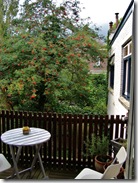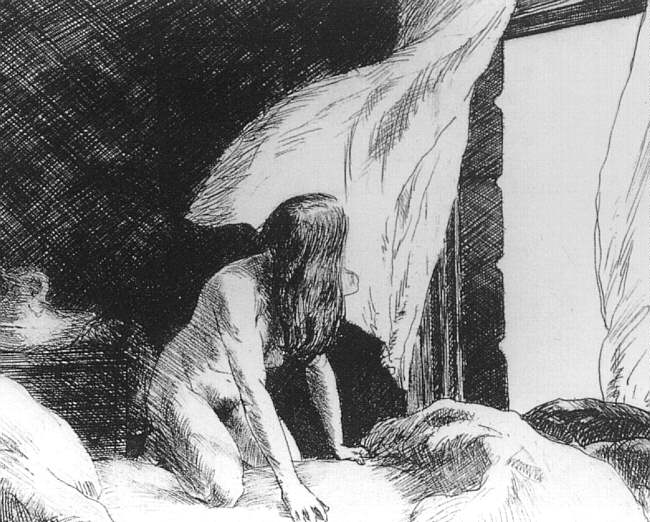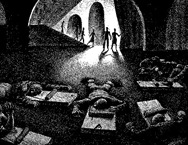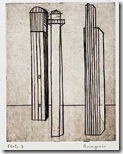Enjoying a quiet Saturday
 I've looked forward to this weekend for a while: I haven't had an uncommitted weekend in two months. This one is completely free: I plan to 'catch up, 'do nothing, and 'do something (not in equal proportion). For a further change of pace, I'm largely avoiding job hunting, data analysis, computer surfing, and podcasts.
I've looked forward to this weekend for a while: I haven't had an uncommitted weekend in two months. This one is completely free: I plan to 'catch up, 'do nothing, and 'do something (not in equal proportion). For a further change of pace, I'm largely avoiding job hunting, data analysis, computer surfing, and podcasts.
Bliss.
So, I've done a bit of watering, shopping, filing, and exercising to satisfy the first...took a walk and watched a 'guilty pleasure' movie for the second...started reading a Philip Roth novel (my first) for the third. It's a lazy day: storms blowing through but no interruptions or demands. It's almost as good as long walks in high open spaces, especially with a stiff wind vibrating in the trees.
The Dutch headed out en masse this weekend: the Gelderlander reports traffic jams leading south and east, with hours of delays at the Swiss passes. Although my daily commute will be easier, I'm happy that people still fill the neighborhood square.
It's a nice feeling to see everyone walking and biking around the stores. I never see that in the US any more: the pace, scale, and human-ness of it all has become comfortable and familiar.
My biggest issue this election is restoring civil liberties: those freedoms that protect the individual from the government. These liberties first appeared in the Magna Carta and are guaranteed by the US constitution. They include freedom of speech, association and assembly, the of the press and religion, equal protection under the law and rights to due process, and freedom from unwarranted government intrusion into your personal and private affairs.
Traveling, banking, and communicating across the US border has made me very aware of how much these rights have eroded since 9/11, many current abuses having no connection to combating terrorism.
I was wondering whether "freedom of speech' includes a right to remain silent? is it legal in the US for the government to require loyalty oaths, for example. It's not an academic question: the Republican National Committee (RNC) used both signed Loyalty Oaths and spoken Loyalty Pledges as a requirement to attend 2004 re-election campaign speeches.
Standing in airport screening lines, doffing clothes and unpacking carry-ons, I wonder where my limit is. I'm inconvenienced by the procedures, but don't object. I am uncomfortable with sniffer dogs and CCTV cameras, but don't object. I object to surveillance of my library borrowing and electronic communications, but can't avoid what I never see. I think I did take a loyalty oath to get my passport. What would it take for me to say 'enough'?
Time to cook some dinner and go back to my book...'can't let George Bush steal my Saturday. At least I'm not pummeled by the right-wing radio-screamers here in the Netherlands.
Labels: Idle chit-chat, Politics
 I've grown used to living with long-distance social interactions as an expatriate, with co-workers and extended family living thousands of miles away and many hours delayed. While this separation sometimes makes it difficult to understand events, I still feel like I usually know what's happening since I can infer the likely causes.
I've grown used to living with long-distance social interactions as an expatriate, with co-workers and extended family living thousands of miles away and many hours delayed. While this separation sometimes makes it difficult to understand events, I still feel like I usually know what's happening since I can infer the likely causes.
 Reason for hope: The
Reason for hope: The  I believe: I got into a good discussion of whether we lead our lives at the whim of fate or by the rudder of destiny. Fate, predestined by a universal designer, isn't appealing to me on either a philosophical basis (why should the Designer care?) or a practical one (what can I do about it?). I do accept that impersonal chance will continuously shift my life's context, but that means that I simply have to be aware and adaptable, as any long-term plan is likely to be invalid within days of it's conception. But it doesn't mean that my life is determined by Fate.
I believe: I got into a good discussion of whether we lead our lives at the whim of fate or by the rudder of destiny. Fate, predestined by a universal designer, isn't appealing to me on either a philosophical basis (why should the Designer care?) or a practical one (what can I do about it?). I do accept that impersonal chance will continuously shift my life's context, but that means that I simply have to be aware and adaptable, as any long-term plan is likely to be invalid within days of it's conception. But it doesn't mean that my life is determined by Fate.  The British Museum has a wonderful exhibition of prints which is worth a visit.
The British Museum has a wonderful exhibition of prints which is worth a visit. 

 Once a man was telling a story, it was a very good story too, and it made him very happy, but he told it so fast that nobody understood it.
Once a man was telling a story, it was a very good story too, and it made him very happy, but he told it so fast that nobody understood it. 